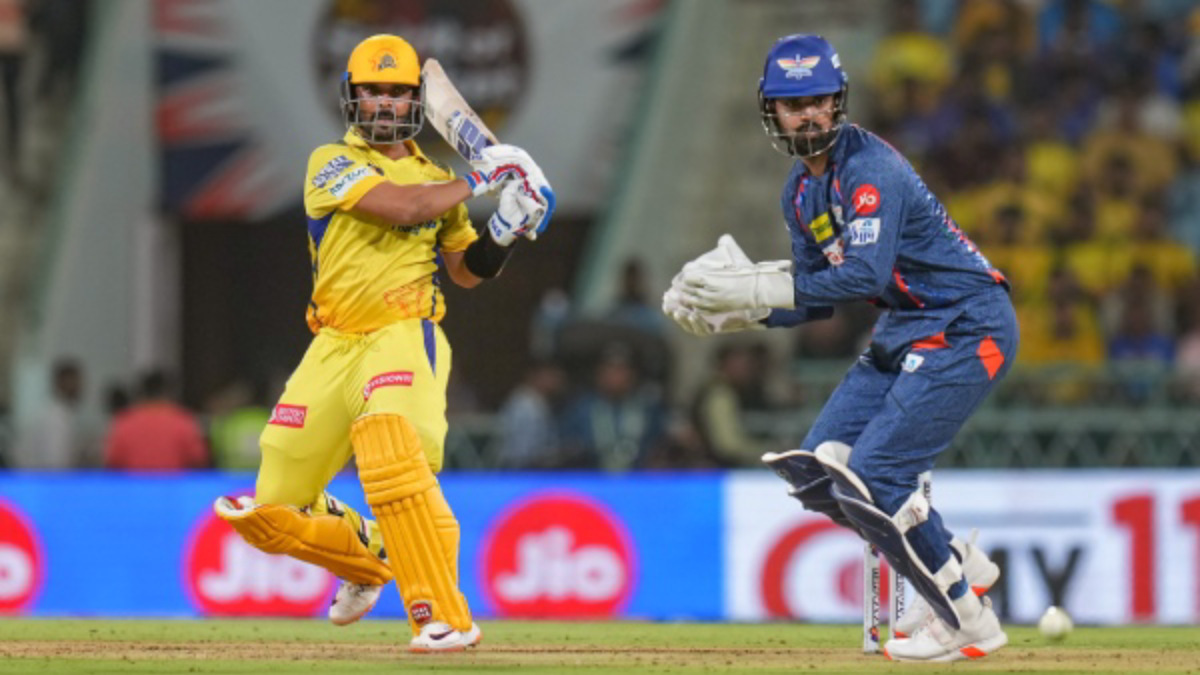
1 in 40 'supertaskers' can drive well while talking on cell phone
Washington, March 29 (ANI): Very few people can multitask and drive well as they speak over their phones, a new research by University of Utah psychologists has revealed.
The study has shown that just 1 in 40 people can manage both quite well.
For the study, scientists analysed 200 participants. They found only 2.5 percent of the volunteers - called "supertaskers" by researchers - could talk on a cell phone while operating a driving simulator without noticeable impairment unlike 97.5 percent who couldn't.
The study, conducted by psychologists Jason Watson and David Strayer, will appear in the journal Psychonomic Bulletin and Review.
Watson said: "According to cognitive theory, these individuals ought not to exist.
"Yet, clearly they do, so we use the supertasker term as a convenient way to describe their exceptional multitasking ability. Given the number of individuals who routinely talk on the phone while driving, one would have hoped that there would be a greater percentage of supertaskers. And while we'd probably all like to think we are the exception to the rule, the odds are overwhelmingly against it. In fact, the odds of being a supertasker are about as good as your chances of flipping a coin and getting five heads in a row."
The researchers assessed the performance of participants over a single task (simulated freeway driving), and again with a second demanding activity added (a cell phone conversation that involved memorizing words and solving math problems).
Performance was then measured in four areas-braking reaction time, following distance, memory, and math execution.
Results demonstrated that for the group, performance suffered across the board while driving and talking on a hands-free cell phone.
For those who were not supertaskers and who talked on a cell phone while driving the simulators, it took 20 percent longer to hit the brakes when needed and following distances increased 30 percent as the drivers failed to keep pace with simulated traffic while driving.
Memory performance declined 11 percent, and the ability to do math problems fell 3 percent.
However, when supertaskers talked while driving, they displayed no change in their normal braking times, following distances or math ability, and their memory abilities actually improved 3 percent.
Strayer said: "There is clearly something special about the supertaskers.
"Why can they do something that most of us cannot? Psychologists may need to rethink what they know about multitasking in light of this new evidence. We may learn from these very rare individuals that the multitasking regions of the brain are different and that there may be a genetic basis for this difference. That is very exciting. Stay tuned." (ANI)


 Click it and Unblock the Notifications
Click it and Unblock the Notifications















